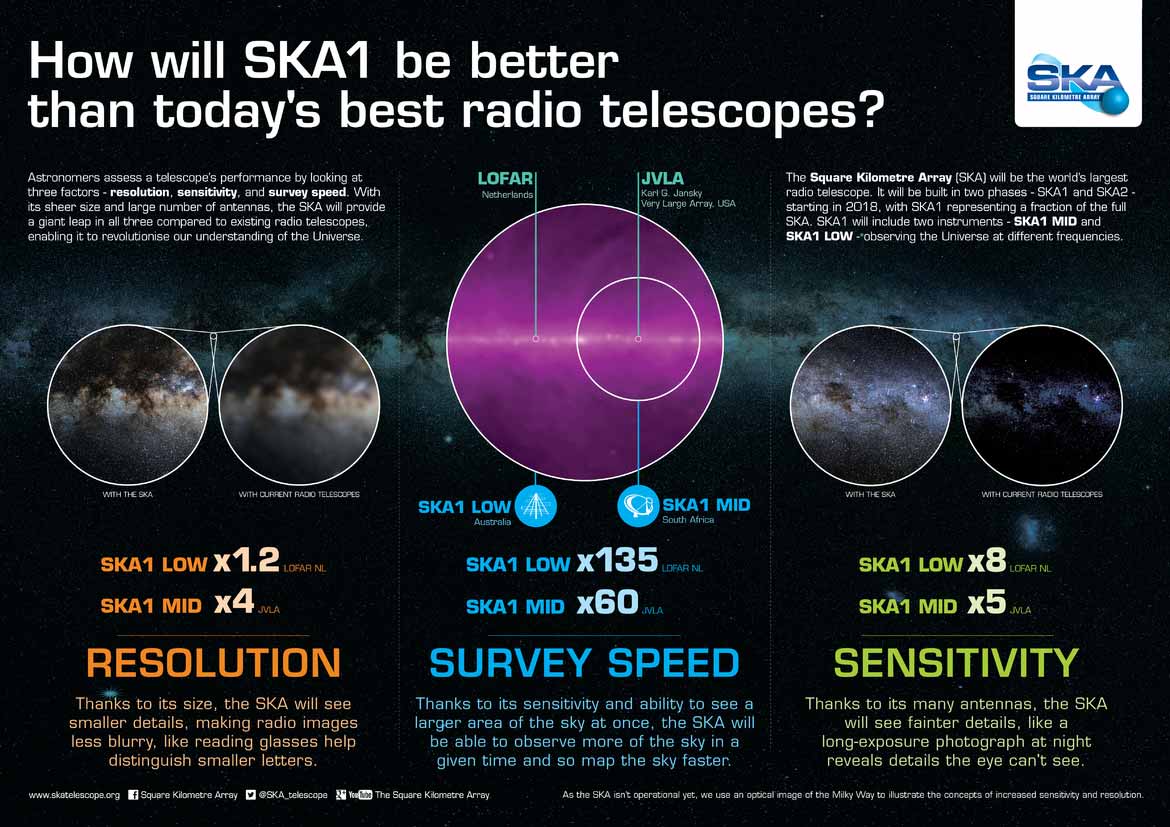Google has developed TensorFlow, a truly complete platform for ML. TensorFlow has many ingredients, for example:
many domain specific libraries for machine learning
the TensorFlow domain specific data-flow language
carefully organized input and output for data flow
an optimizing runtime and compiler
hardware implementations of TensorFlow operations in TensorFlow processing unit (TPU) chips
The performance of the platform is amazing, and it begs the question if it will be useful for HPC in a similar manner that GPU’s heralded a revolution.
InsideHPC created a podcast based on my lecture about this at the South African National HPC Conference CHPC 2018 Conference in Cape Town.

